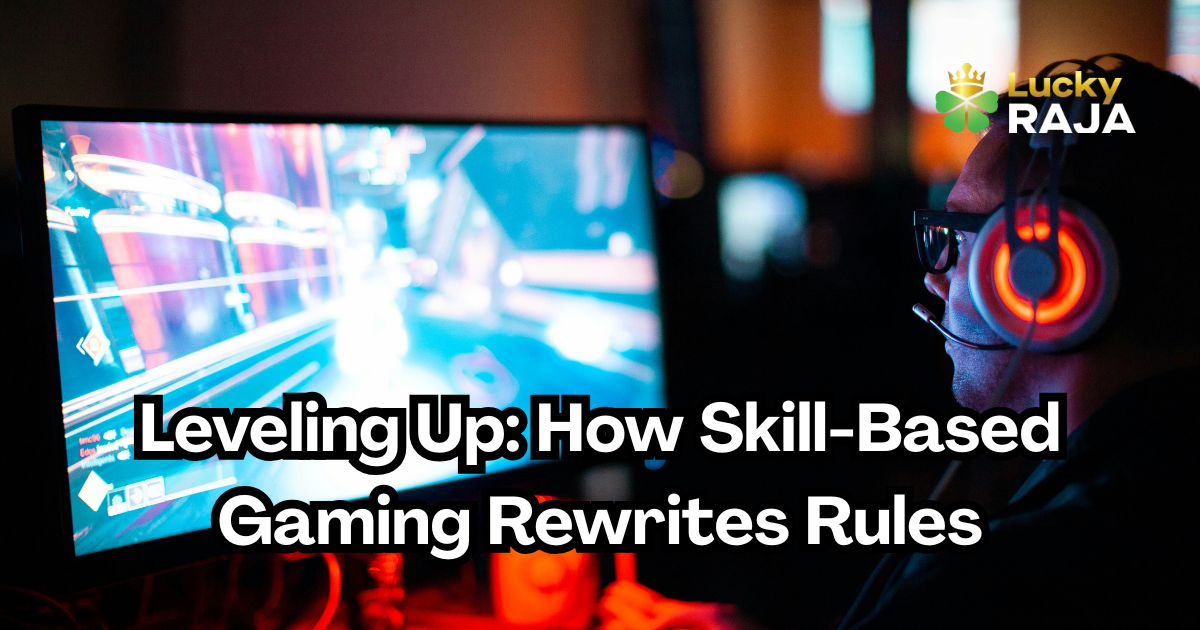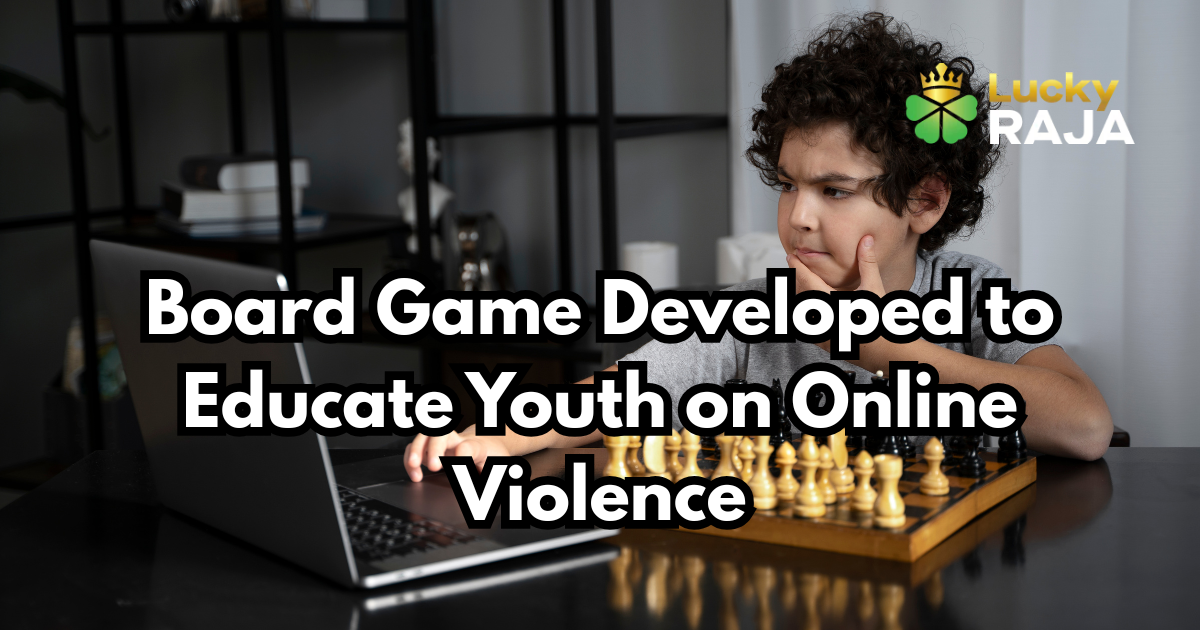Leveling Up: How Skill-Based Gaming Rewrites Rules. In a rapidly evolving digital landscape, one trend is challenging the very foundation of how we define gaming—skill-based gaming. Once overshadowed by chance-based entertainment, skill gaming is now driving a paradigm shift in the global gaming industry. It's no longer just about luck or flashy graphics—it’s about precision, practice, and personal performance.
From Casual Hobby to Competitive Arena
Traditional video games and mobile apps were once considered casual pastimes, where randomness often determined outcomes. Today, that dynamic has shifted. Platforms like PokerBaazi, RummyCircle, MPL, and SkillClash are spearheading a new era where the player’s skill, not chance, defines success. Whether it’s outwitting opponents in rummy or mastering combos in a strategy-driven arcade battle, the rules of engagement are being rewritten.
What’s driving this shift? A perfect storm of factors: increased internet penetration, rising smartphone usage, deeper player engagement, and a growing appetite for fair, competitive gameplay.
| Aspect |
Casual Hobby Era |
Competitive Arena Era |
| Gameplay Outcome |
Mostly driven by luck or randomness |
Driven by player skill, strategy, and decisions |
| Player Role |
Passive consumer of entertainment |
Active competitor with control and influence |
| Popular Platforms |
Traditional mobile apps and casual games |
PokerBaazi, RummyCircle, MPL, SkillClash |
| Monetization |
Ads and in-app purchases |
Real-money rewards, leaderboards, contests |
| Key Drivers |
Simple engagement, basic gameplay |
Internet access, smartphones, competitive spirit |
| Player Motivation |
Casual time-pass |
Challenge, mastery, recognition, rewards |
The Core of Skill-Based Gaming: Strategy Meets Reward
At its heart, skill-based gaming demands mastery. Players must learn, adapt, and develop techniques to win. This distinguishes it from gambling or luck-based games where the outcome is determined largely by randomness.
Skill games tap into a player’s decision-making ability, hand-eye coordination, memory, and real-time reaction, depending on the genre. In rummy, for instance, knowing when to drop or bluff isn’t chance—it’s a calculated move. In poker, reading your opponents and controlling the pot can be the difference between victory and loss.
This rising category empowers users with something rare in digital gaming: control.
How It’s Reshaping the Industry
The growth of skill-based platforms is pressuring both developers and regulators to reassess their definitions. Game mechanics are becoming more transparent, with built-in fairness algorithms and anti-cheat systems. Developers are focusing on competitive balance, seamless user experience, and rewarding ecosystems to keep players engaged long-term.
Monetization models are evolving too. Instead of just ad-based revenue or in-app purchases, many platforms now offer real-money rewards for tournaments and challenges, giving players tangible value for their skills. This shift has led to a rise in hyper-casual esports, daily skill contests, and leaderboard-based incentives.
In India alone, the skill gaming market is projected to cross ₹25,000 crore by 2025, growing at over 30% CAGR, according to industry estimates.
Legal Landscape: Clarity & Complexity
One of the most debated aspects of this evolution is the legal classification. While games of skill are legally protected in countries like India and the U.S., the line between skill and chance can be blurry. However, landmark court rulings and clear regulatory frameworks are gradually cementing skill-based gaming as a legitimate and regulated digital activity, distinct from gambling.
In India, for example, the Supreme Court has consistently upheld rummy and poker as skill games. New IT guidelines further mandate platforms to register with self-regulatory bodies, strengthening accountability and user protection.
Player-First Philosophy
Perhaps the most significant transformation is cultural. Players are no longer passive consumers—they’re stakeholders. The player-first approach taken by many modern platforms focuses on transparency, data privacy, fast withdrawals, and community-driven game development.
Gamers today are vocal about what they expect: fair play, mental stimulation, and meaningful rewards. Skill-based gaming delivers on all fronts, offering a more respectful, challenging, and rewarding experience.
Looking Ahead: The Future of Play
As AI, AR/VR, and real-time multiplayer tech continue to mature, the boundaries of skill-based gaming will expand even further. We’ll see more hybrid games—those that merge elements of chance with skill layers, opening up new opportunities in storytelling, sports simulation, and education.
The industry is also likely to witness the rise of skill-based learning games, digital credentials for competitive players, and deeper gamification in non-gaming sectors like recruitment and training.
Conclusion
Skill-based gaming is no longer a niche. It’s a global movement reshaping how games are played, built, and monetized. As the industry matures, one thing is clear: the power is shifting to the player. In a world where attention is the new currency, games that reward skill, strategy, and mental agility are leading the charge.
The rules of the gaming industry are being rewritten—and it's the skilled who are holding the pen.








__1750321627-0.png)
__1751890368-0.png)
__1751719285-0.png)






